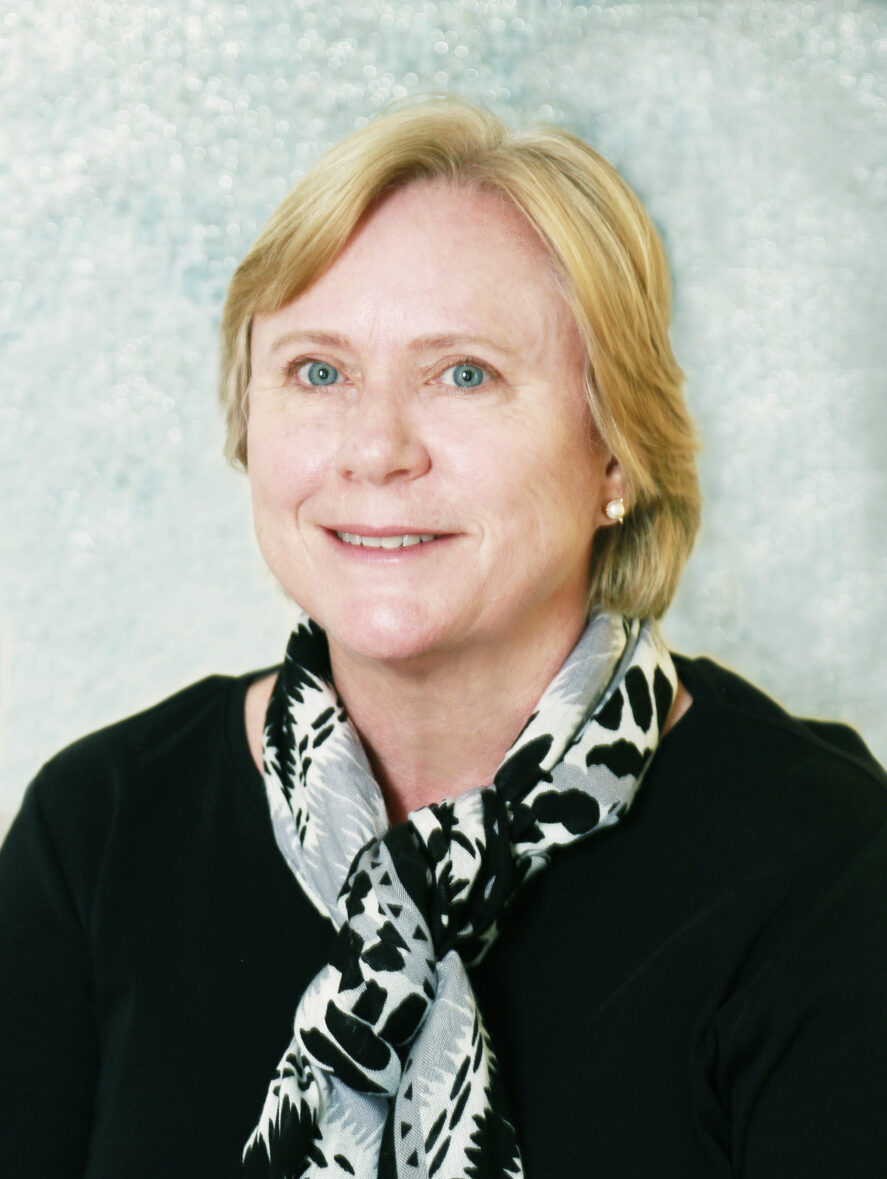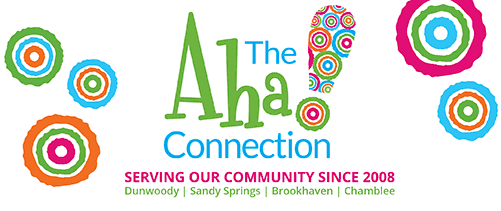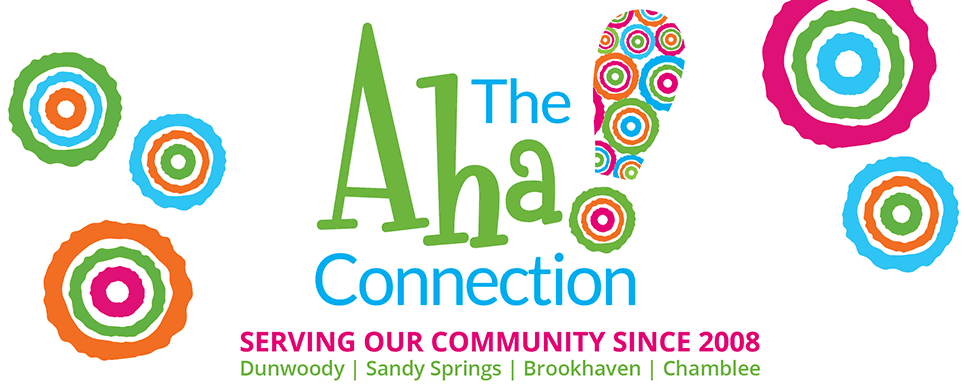 by By Neitcha Thomsen MSW, LCSW, CCATP of Atlanta Specialized Care for The Aha! Connection
by By Neitcha Thomsen MSW, LCSW, CCATP of Atlanta Specialized Care for The Aha! Connection
In my work as a therapist, empowering and supporting families affected by mental illness through their journey of recovery has been one of my top goals. I have found that healthy boundaries can be one of the most supportive and challenging steps to implement as parents. All parents experience that unfamiliar territory of building an adult relationship with the now “young adult” as they transition out of the teen years and launch into the adult world. When you add in a mental health challenge, it can get confusing. According to the National Alliance on Mental Illness (NAMI), 50% of all lifetime mental illness begins by age 14, and 75% begins by age 24. Parents are often a key part of the young adult’s support system.
Boundaries can provide support and guidance through the recovery process of mental health challenges. Unhealthy boundaries can become normalized when struggling with a loved one with a mental illness. Parents can get into a pattern of behaviors that might enable vs support in response to the crisis situations brought on by mental health challenges. When parents set healthy boundaries, the young adult can be given the space to try out healthy coping tools. Human beings learn by experiencing and making mistakes. It is far more helpful for the young adult to have space to practice while parents are still there as a safety net. Human beings learn by experiencing and making mistakes. Parents may feel guilty over the struggles the young adult is experiencing and find themselves overcompensating, walking on eggshells, or unsure of what boundaries might even be helpful. Often, I will ask parents, “is this interaction supporting healthy behaviors and independent living skills or does it enable some unhealthy behaviors to continue”?
Challenges to setting boundaries
Identification of the challenge preventing the parent to set a boundary helps in learning new coping tools and creating support. What gets in the way? Communication styles, conflict resolution styles, and the ability to tolerate certain emotions can all be a challenge to boundary setting. If someone is avoidant of conflict, they might struggle to set and support healthy boundaries. There is also an often-seen pattern of parents reverting to parenting styles that were right when the young adult was a young child. This is often a response due to fear for their safety, so they revert to what worked to keep them safe when they were young. Parents might base their decisions on emotions, “if I feel guilty then I must be doing something wrong.” It is important to know how to self-regulate the emotions that come up.
Common boundary mistakes may include:
- Setting boundaries when angry.
- Giving in when there is pushback.
- Overly rigid boundaries.
- Trying to change someone else’s behavior.
- Over explaining.
Parents often feel very alone in their challenges when they have a loved one with mental health challenges. It is important to talk to a professional and connect with others who understand their reality. A therapist can aid in finding the types of boundaries needed, explore and problem solve challenges in a judgement free environment. Therapists can provide support enabling the parents to name the type of boundary needed and how it might help. Boundaries help communicate clear expectations and how one wishes to be treated. It also communicates belief in their young adult’s ability to achieve this.
Feeling resentful, overwhelmed, or cancelling what one needs to accommodate others can all be signs of a need to set boundaries. Collaborating with a therapist and attending support groups for parents are ways to engage in the support needed to make changes in relationship patterns. Parents are often their young adults’ main support system. Learning how to set supportive, healthy boundaries can be an important piece of the recovery process.

MSW, LCSW, CCATP
Neitcha Thomsen, a licensed clinical social worker (LCSW) and Certified Clinical Anxiety Treatment Professional (CCATP), received her Master of Social Work from the University of Georgia and her undergraduate degree in Social Work from the University of Texas. Mrs. Thomsen has extensive experience working with young adults and adults with mood disorders, psychotic disorders, anxiety, OCD, grief, and insomnia. She works with individuals on the autism spectrum providing individual support for executive functioning skills. She is certified as an Autism Spectrum Disorder Clinical Specialist. She is a mental health advocate in the Atlanta community and is passionate about empowering and supporting families and individuals impacted by mental illness through their journey of recovery, ending stigma, and identifying community mental health resources.
Mrs. Thomsen uses a variety of modalities such as Cognitive Behavioral Therapy (CBT), Motivational Interviewing, psychoeducation and Exposure and Response Prevention Therapy (ERP) based on the needs of the client. She is trained in Cognitive Behavioral Therapy for Insomnia (CBT-I) which is considered the gold standard for the treatment of insomnia. She empowers clients in their journey through a framework of the recovery model along with focusing on individual strengths. Through the treatment process, she aids individuals to discover their personal strengths and qualities, and to tap into ability to not only heal but thrive in life. She works from a client-centered framework focusing on education, protective factors, values, connection to others, and developing skills while focusing on each client’s personal goals for therapy.
Mrs. Thomsen has experience in both the inpatient and structured outpatient psychiatric program settings. She has worked as a program therapist and program director. She has served on the board of NAMI Northside. Before embarking on her work in the field of mental health she worked as a Spanish interpreter and cultural liaison in the school system along with facilitating community outreach work. She has lived in Mexico, Japan and Australia and loves to travel and learn about new cultures.





